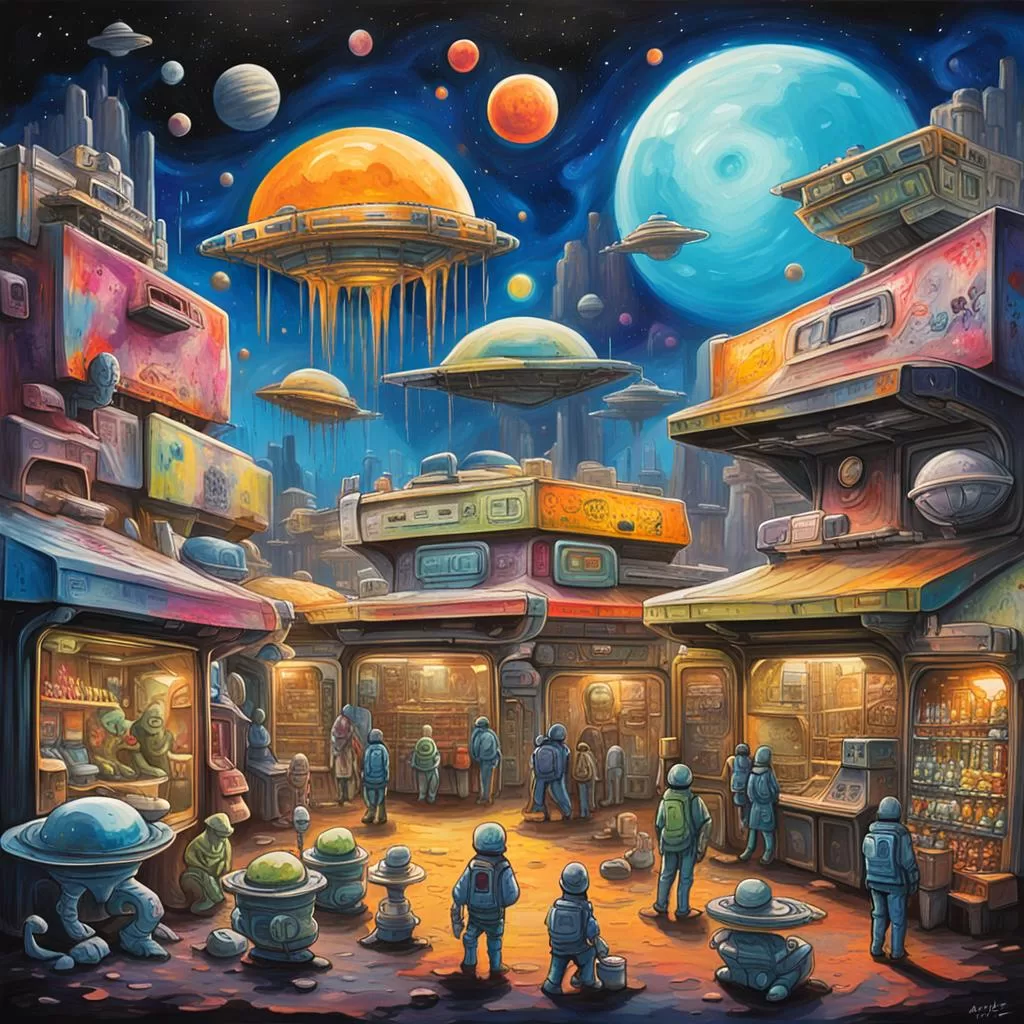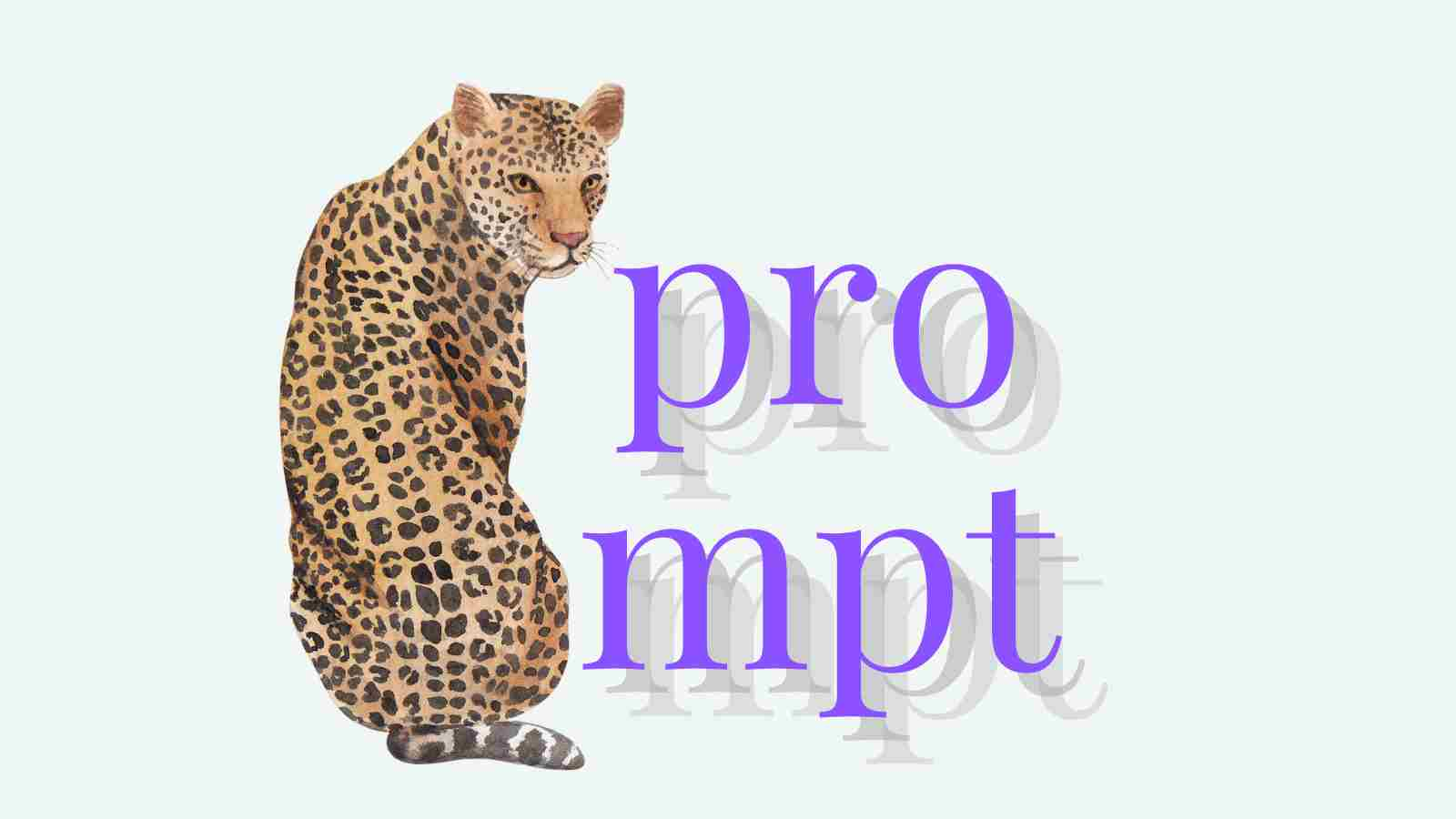Embark on an exciting literary journey with these must-read Novels of speculative fiction.
Are you looking for an escape from reality? If so, I highly recommend diving into speculative fiction with these reads.
This novel will take you on a thrilling journey to otherworldly realms, from dystopian societies to magical kingdoms and everything in between.
With intricate world-building, complex characters, and thought-provoking themes, each book offers a unique reading experience that will captivate and entertain you.
Whether you’re a long-time fan of the genre or just starting to explore the world of speculative fiction, these books are a must-read for anyone looking to explore new and exciting worlds.
So, sit back, relax and let these books transport you to infinite possibilities.
what is speculative fiction
Speculative fiction is a narrative fiction genre involving imaginative and often futuristic concepts, ideas and themes. It encompasses any fiction with supernatural, fantastical or futuristic elements, including various subgenres such as science fiction, fantasy, horror, and all their hybrids.
Speculative fiction is not limited to a particular setting, period, or reality. It can take place in a completely different world or timeline or add supernatural or futuristic elements to our current world.
This genre allows authors to explore possibilities beyond what is known or understood, encouraging readers to think creatively and explore new ideas and concepts.
Here’s breakdown of how each Novel fits into speculative fiction
Table of Contents
📓”1984″ by George Orwell
It is a thought-provoking classic that explores the dangers of totalitarianism on individual freedom and truth. The story is set in a dystopian society ruled by the Party, led by Big Brother.
The protagonist, Winston Smith, seeks to resist the oppressive control over information and thought. Orwell paints a vivid picture of a society where reality is manipulated, history is rewritten, and citizens are under constant surveillance.
The Party’s use of slogans like “War is Peace” and “Ignorance is Strength” highlights the manipulation of language to control beliefs. Winston’s forbidden love affair with Julia and his resistance to the Party lead to his capture and brutal re-education.
The novel delves into the psychological impact of censorship, fear, and perpetual war on the human psyche.
Orwell’s depiction of a dystopian future warns about the dangers of unchecked government power, propaganda, and the manipulation of truth.
It reminds us of the importance of protecting individual freedoms, promoting transparency and honesty, and safeguarding against authoritarianism.
In this classic offering of speculative fiction, Orwell imagines a society controlled and watched over by a government so authoritarian and omnipresent that it allows for little free thinking among its people.
📓Frank Herbert’s “Dune”
It is a science fiction masterpiece that has stood the test of time. Set in a distant future, the novel takes the readers on a journey to an alien world of political intrigue, mystical powers, and ancient prophecies.
The story revolves around the young hero, Paul Atreides, who is thrust into a treacherous and complex political landscape when his family takes control of the desert planet Arrakis, the only source of the valuable resource known as “spice.”
As we journey through ‘Dune ‘, Herbert’s masterful world-building transports us to the harsh desert terrain of Arrakis, with its towering sand dunes, fierce sandworms, and unique ecosystem.
The characters in ‘Dune’ are not just well-crafted; they are living, breathing entities, each with their own motivations and agendas that add to the intricate political intrigue of the novel.
This level of detail and depth in the setting and characters is a hallmark of speculative fiction, and ‘Dune’ is a prime example.
At the heart of the story is Paul Atreides, a young man with a unique and powerful ancestry who must navigate the dangerous political landscape of his new home while coming to terms with his own destiny.
Along the way, he encounters numerous challenges, including assassination attempts, betrayal, and war, all while discovering the true nature of his mystical powers.
Each of these works utilizes its speculative elements to delve into complex themes and ideas, provoking readers to contemplate society, technology, and human nature in new and often profound ways.
They are not just entertaining reads, but also intellectual journeys that will leave you pondering long after you’ve turned the last page.”
📓 Margaret Atwood’s “The Handmaid’s Tale”
It is a dystopian novel that depicts the Republic of Gilead, a theocratic society where women are subjugated and forced into reproductive servitude.
The novel explores patriarchy, reproductive rights, and the suppression of individual agency. Through the narration of Offred, a Handmaid, readers are exposed to a world where dissent is severely punished, and religious extremism reigns supreme.
The novel serves as a cautionary tale warning of the dire consequences of societal oppression, particularly for women. Atwood’s portrayal of a repressive regime underscores the significance of freedom and autonomy in the face of oppressive ideologies.
“The Handmaid’s Tale” is a seminal work in feminist literature, drawing attention to the fragility of individual liberties when confronted with extremist ideologies.
Atwood’s incisive exploration of the intersection of power, gender, and religion makes the novel a compelling and thought-provoking contribution to the dystopian genre.
📓 “American Gods” by Neil Gaiman
It is a contemporary fantasy novel that tells the story of Shadow Moon, a man who is released from prison only to find that his wife has died in a car accident.
As Shadow struggles to come to terms with his loss, he is approached by the enigmatic Mr. Wednesday, who offers him a job as his bodyguard and driver. What follows is a journey across America that takes Shadow deep into a world where gods from ancient mythologies exist in the modern world, clashing with new deities of technology and media.
Through this journey, Gaiman weaves a rich tapestry of myths and folklore, exploring themes of belief, cultural change, and identity.
The novel delves into the complex relationship between gods and mortals, as well as the shifting dynamics of faith in a diverse and ever-changing America.
As Shadow grapples with his own beliefs and identity, he encounters a diverse cast of characters, from the Norse god Odin to the African trickster god Anansi.
“American Gods” is a masterful blend of fantasy and social commentary, providing a unique perspective on the nature of belief systems and the power of cultural mythologies.
The novel is a thought-provoking exploration of the role that myths and legends play in shaping the human experience and how they continue to evolve and adapt in a rapidly changing world.
Whether you are a fan of fantasy or simply looking for a captivating and thought-provoking read, “American Gods” is a must-read novel that will leave you questioning the nature of belief and the meaning of identity.
📓 “The Martian” by Andy Weir
It is a novel that belongs to the hard science fiction sub-genre. It is speculative fiction set in the near future and focuses on the story of an astronaut named Mark Watney who gets stranded on Mars.
He must use his scientific knowledge and resourcefulness to survive until a rescue mission can be organized.
The novel is grounded in real scientific principles and technologies that are plausible within the context of contemporary space exploration.
Weir’s attention to detail in terms of the scientific and technical aspects of space travel and Mars colonization lends a high degree of realism to the narrative, making it a quintessential example of hard science fiction.
Hard science fiction is a subgenre of speculative fiction that emphasizes accuracy in the science and technology used within the story.
“The Martian” is a compelling and educational read that explores themes of survival, ingenuity, and human endurance while remaining true to the laws of science.
📓 “Altered Carbon” by Richard K. Morgan
It is a science fiction novel that falls within the cyberpunk sub-genre. The story is set in the future where human consciousness can be digitized and transferred to different bodies, known as “sleeves”.
This technology allows for immortality among those who can afford it.
The main character, Takeshi Kovacs, is a former soldier turned private investigator hired to solve a complex murder case.
However, the investigation spirals into a deeper exploration of society and identity. The novel explores themes of class disparity, the ethics of technology, and the nature of identity and consciousness.
It presents a rich exploration of future possibilities through a speculative lens.
The novel’s cyberpunk elements highlight a dystopian future dominated by technological advancements and corporate power.
This provides a critical look at potential future developments in society and technology.
Read more articles exploring the dynamic interplay between design, user experience, artificial intelligence, and technology here.





Leave a Reply